From 7:00 a.m. this morning, July 23, 23,789 polling stations in 25 constituencies in the Kingdom of Cambodia opened to welcome 9,710,645 voters to vote to elect 125 members of the National Assembly.
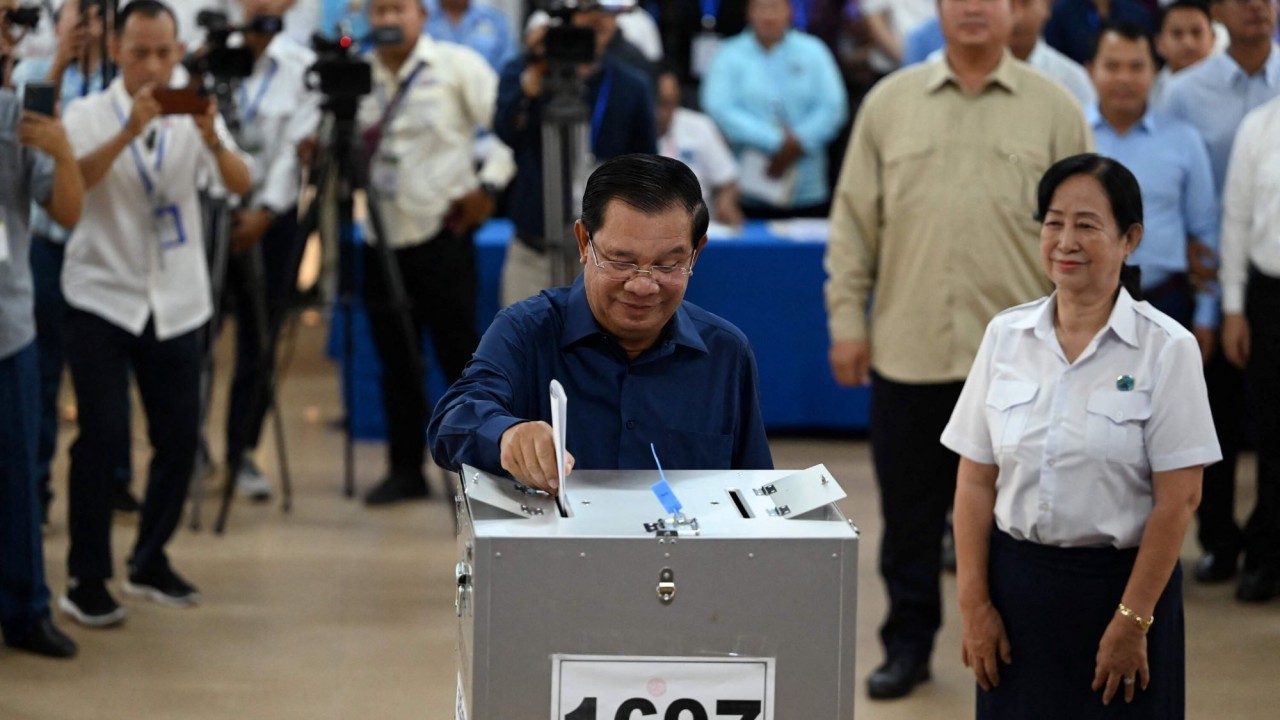 |
| Cambodian Prime Minister Hun Sen casts his vote at a polling station in Kandal province on July 23. (Source: New York Times) |
According to the national news agency AKP , July 23 marks a new historical milestone since the country of pagodas held its first election in 1993.
Of the 18 political parties running in the election for the 7th National Assembly in the country of 16 million people, 17 will compete with the ruling Cambodian People's Party (CPP) - ranked 18th in the list of parties eligible to run in the order listed on the ballot.
The remaining political parties, in order from 1 to 17, are respectively the Honeycomb Democratic Socialist Party (BSDP), Khmer United Party (KUP), Cambodian National Party (CNP), Khmer National Unity Party (KNUP), Democratic Power (DPP), Farmers (FP), Women for Women (WPFW), Khmer Out of Poverty (KAPP), FUNCINPEC, Dharma Governance (DP), Grassroots Democracy (GDP), People's Aspirations (PPP), Khmer Economic Development Party (KEPP), Khmer National Unity Party (EKP), Khmer Conservative Party (KCP), Cambodian Youth Party (CYP) and Cambodian Indigenous Democratic Party (CIPP).
CPP President, Prime Minister of the Royal Government of Cambodia Samdech Techo Hun Sen and his wife, Mrs. Bun Rany, went to vote at polling station No. 1697 on the campus of Ta Khmau Teacher Training College, Kandal province, bordering the capital Phnom Penh.
According to the National Election Committee of Cambodia (NEC), more than 90,000 observers monitored and supervised this election - including more than 89,500 observers from 135 domestic organizations and 586 international observers from 52 organizations from more than 60 countries.
In addition, nearly 1,300 reporters from 185 press and media agencies registered to work and report on the election. Of these, 137 were reporters from 38 international press and media agencies.
AKP stated that Cambodia has gone through 6 general elections and the upcoming 7th election will have the largest number of foreign observers and high-ranking leaders participating in monitoring, to ensure the election process is free, fair and transparent, in accordance with the will and aspirations of the people.
From the first stage until the end of the 21-day election campaign, the organization process went smoothly, without any recorded acts of violence. Therefore, it can be said that up to this point, all stages of the election organization process have taken place freely, fairly and transparently.
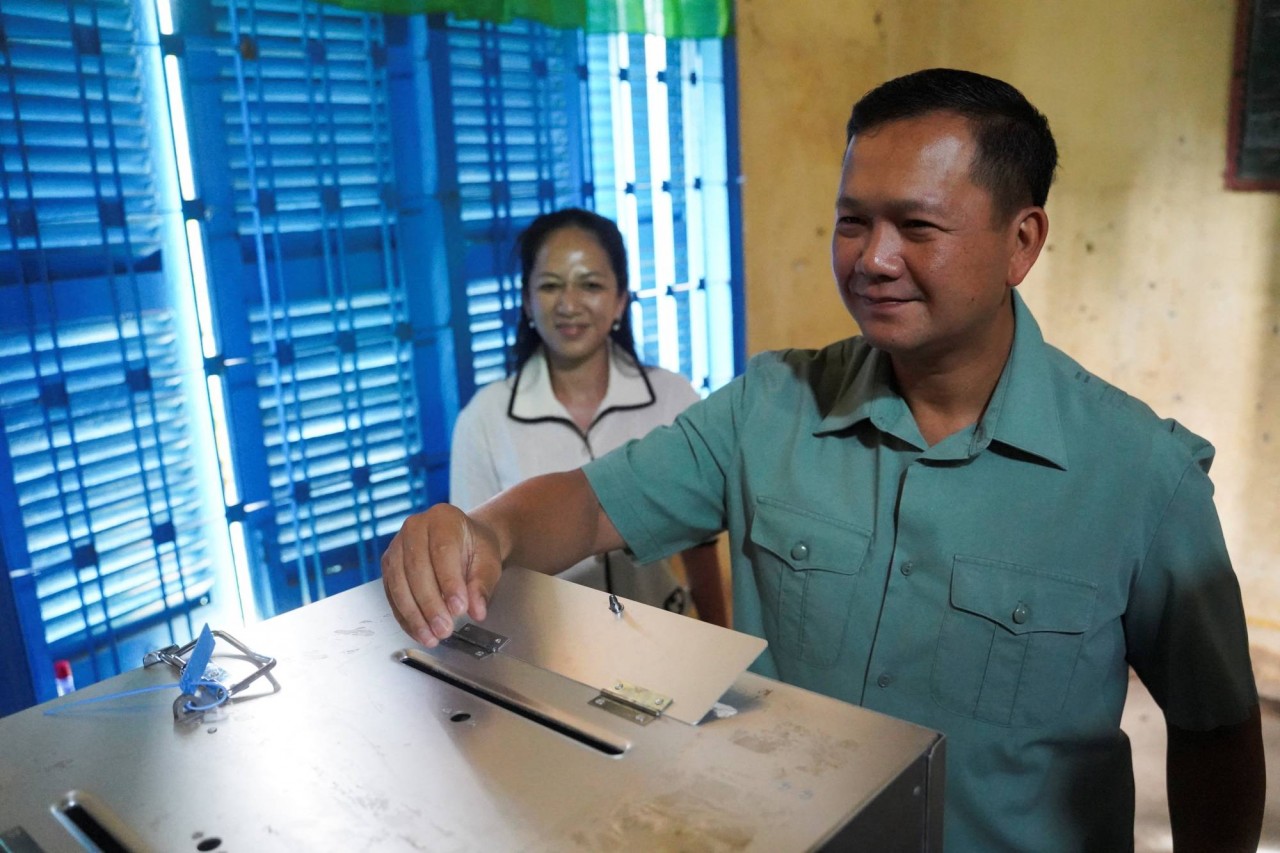 |
| Hun Manet, son of Cambodian Prime Minister Hun Sen, casts his vote at a polling station in Phnom Penh on July 23. (Source: Reuters) |
According to the NEC’s election regulations and schedule, the election will end at 3:00 p.m. on the same day. Immediately after that, the polling stations will be converted to vote counting.
The preliminary results of the 7th National Assembly election of Cambodia are expected to be announced from the evening to midnight, and from 8am on July 24 on the channels and media of the national television and radio stations, the Cambodia News Agency and the NEC's media platforms.
This National Assembly election takes place in the context of a stable political situation in Cambodia. With the advantage of an overwhelming victory in the previous election, holding all 125 National Assembly seats, leading the country to many achievements during the current government's term and a favorable political context, Prime Minister Hun Sen's CPP is expected to continue to receive support from voters.
According to Al Jazeera , as Asia's longest-serving elected leader, Hun Sen has consolidated power in Cambodia for the past 38 years. His victory in this general election is expected to pave the way for him to transfer power to his son, General Hun Manet, who heads the Cambodian military.
Source


![[Photo] "Lovely" moments on the 30/4 holiday](https://vphoto.vietnam.vn/thumb/1200x675/vietnam/resource/IMAGE/2025/5/1/26d5d698f36b498287397db9e2f9d16c)



![[Photo] Binh Thuan organizes many special festivals on the occasion of April 30 and May 1](https://vphoto.vietnam.vn/thumb/1200x675/vietnam/resource/IMAGE/2025/5/1/5180af1d979642468ef6a3a9755d8d51)
![[Photo] Ha Giang: Many key projects under construction during the holiday season](https://vphoto.vietnam.vn/thumb/1200x675/vietnam/resource/IMAGE/2025/5/1/8b8d87a9bd9b4d279bf5c1f71c030dec)
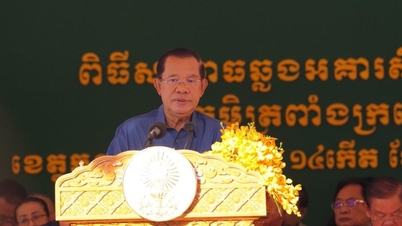





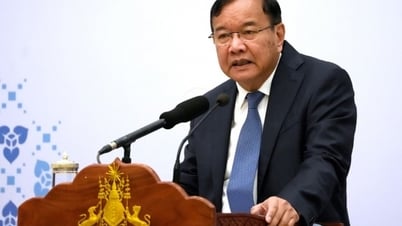
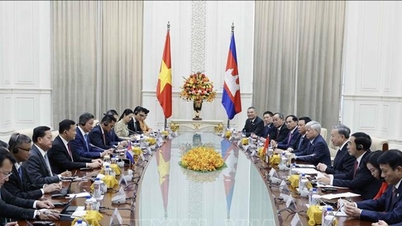

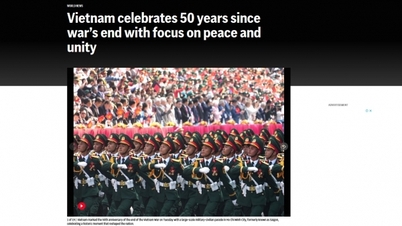

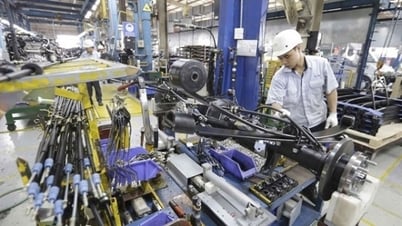
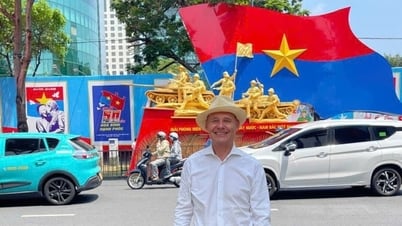

![[Photo] Parade to celebrate 50 years of national reunification](https://vphoto.vietnam.vn/thumb/402x226/vietnam/resource/IMAGE/2025/4/30/22c66d6a6a5a4e20a11743552e1c5a3a)




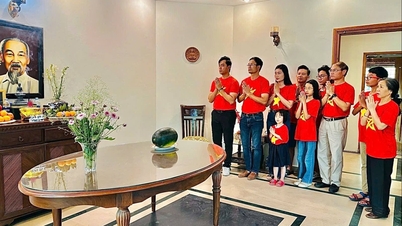
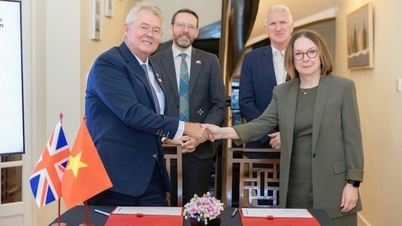



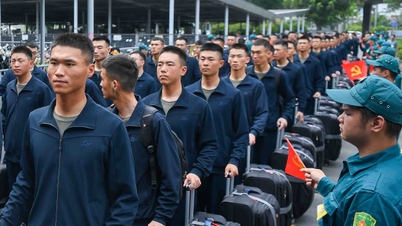













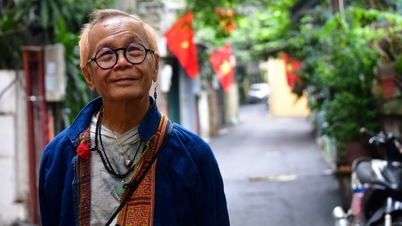




















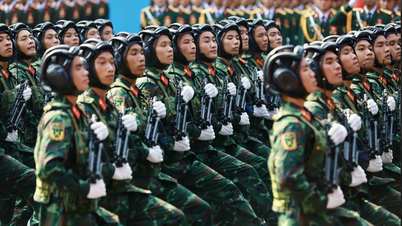












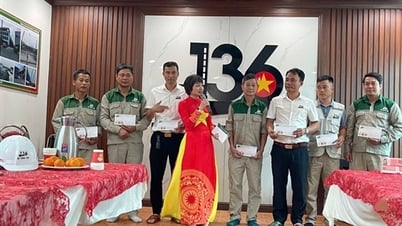




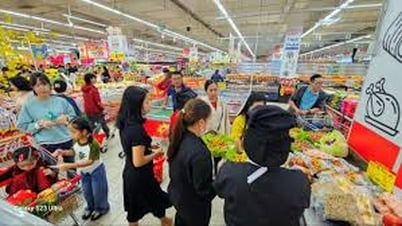














Comment (0)